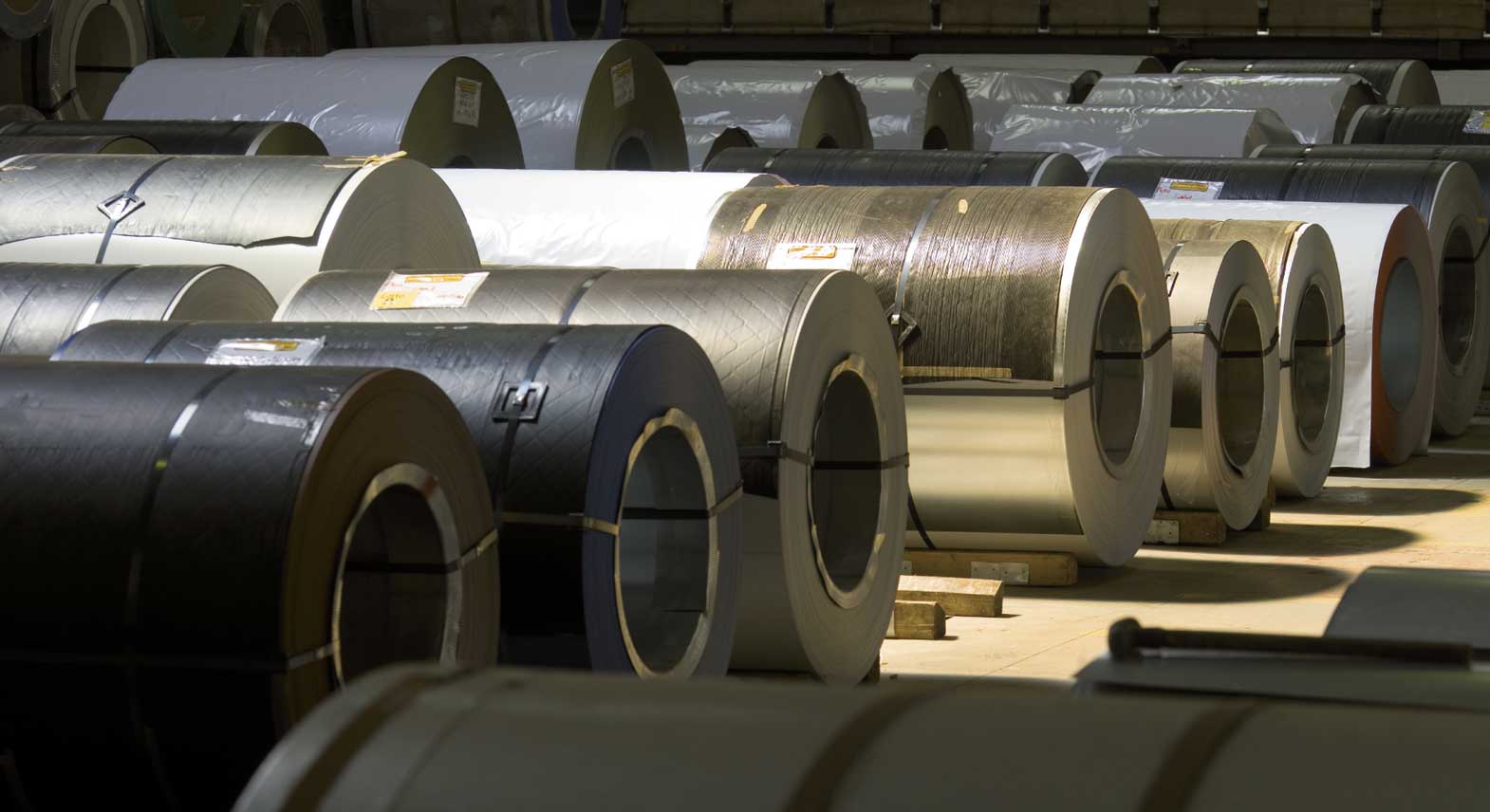The season for negotiating long-term coil contracts for 2022 has arrived, but sources note that the market is still quiet and tense with buyers trying to delay talks towards year-end.
For Germany and some neighbouring markets, the annual period of contracts coincides with the big sheet fairs Blechexpo Stuttgart and Euroblech Hanover, taking turns annually, staged in October and November.
This year, participants at the Blechexpo in Stuttgart tell Kallanish that they might not agree to a deal this week, and they do not expect too many others to do so. As spot prices keep coming down from record highs, it seems better for buyers to wait and see.
Mills nevertheless are coming out with their indications for Q1, H1 and full year 2022 contracts. ArcelorMittal, for example, is reported to be indicating levels of €1080/t ($1,261.79/t) for HRC and €1220/t for HDG.
While these levels are currently above the latest spot prices registered in the market, ArcelorMittal has told clients they need to understand the volatility of the prices and the need for customers to secure volumes going into 2022.
“We hope to close negotiations in the next days and weeks. Buyers should have understood that they need to cover their needs with domestic supplies from reliable European mills as they prepare for 2022, which should be characterised by strong demand [excluding the automotive sector],” a source among suppliers says.
“Mills will be trying for a stabilisation at the present level,” a visitor from Benelux says regarding spot prices, as though it is understood that an increase is out of the question. It is hard to tell just where the present level is. For cold-rolled as well as hot-dip galvanized coil, spot prices can be anywhere from €1,100-1,200/t, he says, without a nominal gap between CRC and HDG.
Due to the slowdown at the carmakers for lack of semiconductors, the mills are building up larger inventories planned for automotive customers that now refrain from calling off the volumes they had booked. Other customers can now again order material for delivery within a couple of months, he says.
One mill manager indirectly confirmed the sentiment, also using the word stabilisation for the mill’s goal this year. He cites the rising costs for input materials and energy, and to some extent dismisses that the slowdown at the carmakers will release too much tonnage. Other industries are doing quite well, he notes, citing economic statistics.
According to one buyer of large volumes for automotive applications, very few deals have been signed with carmakers so far.
Christian Koehl Germany , Emanuele Norsa Italy






